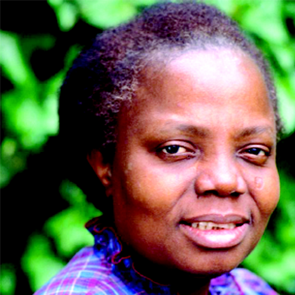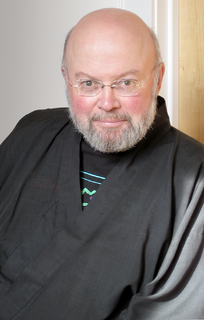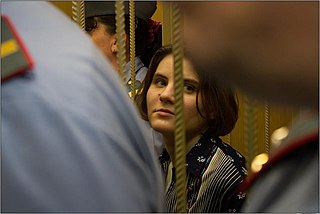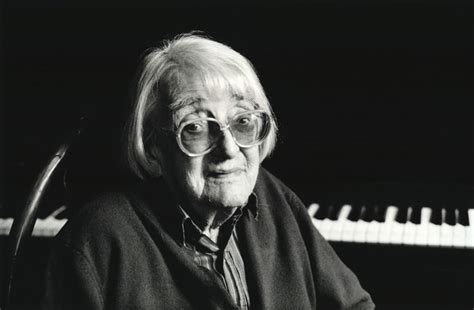A Quote by Annie Lennox
If we value what we've inherited for free - from other women - surely it's right morally and ethically for us to wake up and say, 'I'm a feminist. '
Related Quotes
It's true that in a lot of western feminist movements, you see women working singularly from men. Suffragettes and the women's rights movement in the 60s here, but when I think of the Islamic feminist movement, I think of a lot of men who are very much standing with the women. It really feels like in equal numbers. Women are catching up in the field because we were not given access to knowledge and encouraged into these studies and so these men are helping us and empowering us. They are men of conscience who are fed up with this assumption that they're entitled.
When I'm looking for a strong female character, or a strong character at all, I'm looking for a character that has a purpose in that story, that has an interior life of some sort. They don't have to be physically strong; they don't have to be morally strong or ethically strong, because men and women come in a huge variety of all of those things. Emotionally, ethically - I'm less concerned with that. I just don't want them to be props. That's the only thing that offends me.
The buddha-dharma does not invite us to dabble in abstract notions. Rather, the task it presents us with is to attend to what we actually experience, right in this moment. You don't have to look "over there." You don't have to figure anything out. You don't have to acquire anything. And you don't have to run off to Tibet, or Japan, or anywhere else. You wake up right here. In fact, you can only wake up right here. So you don't have to do the long search, the frantic chase, the painful quest. You're already right where you need to be.
I was always a feminist. My mother was a feminist; my grandmother was a feminist. I always understood women had to fight very hard to do what they wanted to do in the world - that it wasn't an easy choice. But I think the most important part is that we all want the right to be taken seriously as human beings, and to use our talents without reservation, and that's still not possible for women.
Naturally my stories are about women - I'm a woman. I don't know what the term is for men who write mostly about men. I'm not always sure what is meant by "feminist." In the beginning I used to say, well, of course I'm a feminist. But if it means that I follow a kind of feminist theory, or know anything about it, then I'm not. I think I'm a feminist as far as thinking that the experience of women is important. That is really the basis of feminism.
When the feminist movement was at its zenith in the late 60's and early 70's, there was a lot of moving away from the idea of the person. It was: let's talk about the ideas behind the work, and the people matter less. It was kind of a gimmicky thing, but lots of feminist women were doing it. Many of us took the names of our female ancestors - bell hooks is my maternal great grandmother - to honor them and debunk the notion that we were these unique, exceptional women. We wanted to say, actually, we were the products of the women who'd gone before us.
I am a feminist and an advocate for women's right to self-determination. I want a society in which women can voice their political views. We have shown that girls like us can perform courageous acts. By doing so, we are breaking up the prevailing image of women in Russia. We are not the weak sex. We don't always just sit at home, cook and take care of the kids.
A lot of women seem to have a similar attitude, - 'I'm not a feminist' - and it gets wearying. What's wrong with being a feminist? I'm proud to be a feminist. It's been one of the most positive things in my life. It's one of the best traditions there is. It's admirable to be a feminist and to stand up for one's sex, to fight against inequality and injustice and to work for a better society.
For a lot of women who don't go to college, or for a lot of women who aren't in New York or D.C. or someplace where there's like a large feminist organization they can get involved in, they may be doing feminist work, right, like locally or with a grassroots organization or in their own lives, but if they don't have that support system and if they don't have that availability to feminist language, I think we're missing out on something.




































